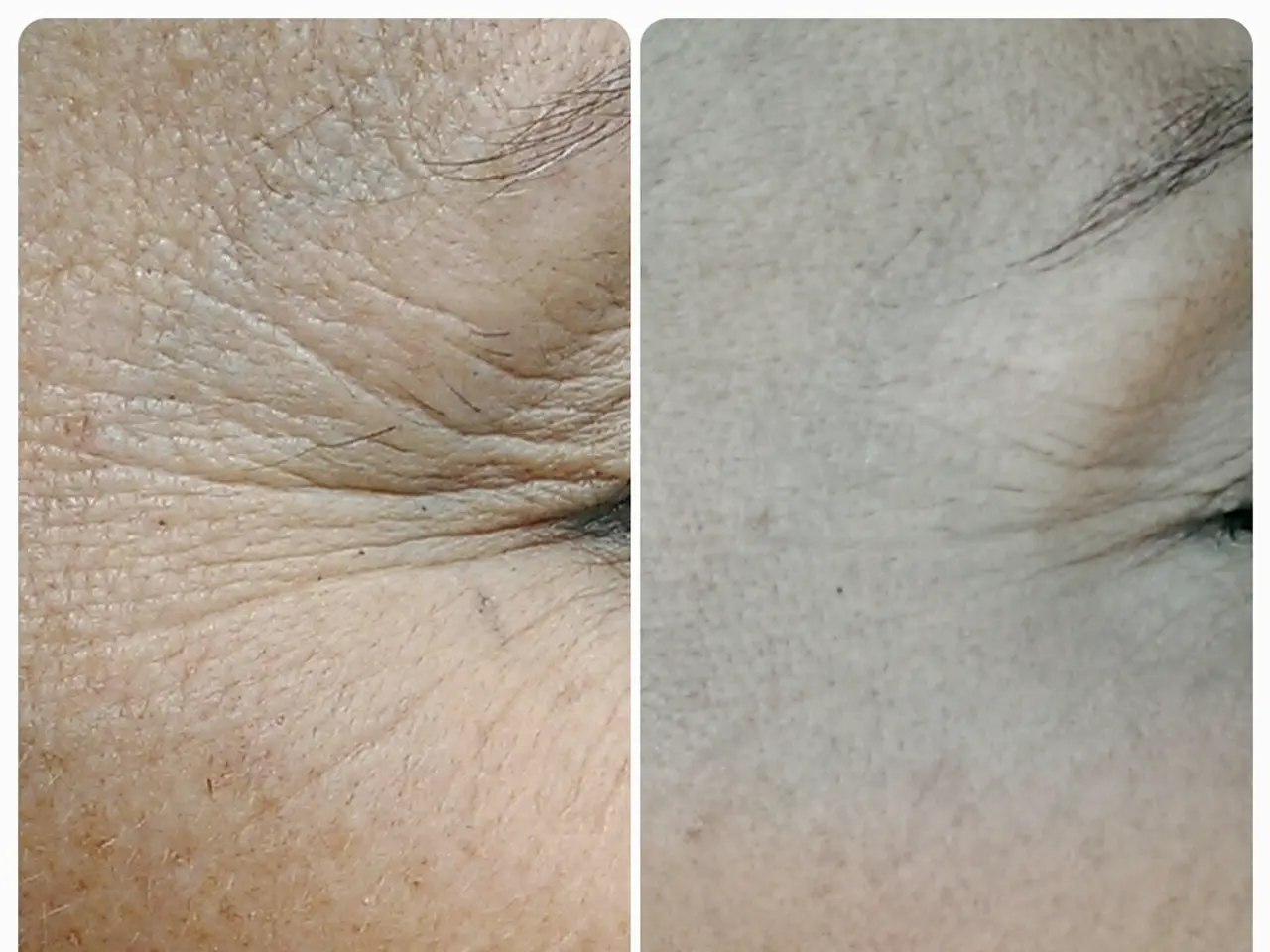Delusional belief that a beloved individual repeatedly assumes different identities
Fregoli syndrome is a rare delusional disorder that affects a small fraction of the population. This condition is characterized by the belief that different people are actually the same person in disguise, often involving the belief that a family member or someone known changes appearance to follow or persecute the individual.
The exact prevalence of Fregoli syndrome is unknown due to its rarity, but it is estimated that delusional disorders affect about 0.02% of the population according to DSM-5 estimates.
Common Causes
Fregoli syndrome typically appears in the context of neuropsychiatric conditions, including psychotic disorders such as schizophrenia and delusional disorder, as well as neurological conditions like dementia (e.g., Alzheimer's disease or Lewy body dementia), brain injury, or other forms of brain pathology. The disorder may relate to impaired facial recognition and paranoia, involving a dysfunction in how the brain processes familiar faces, leading to the false belief that multiple individuals are the same person in disguise.
Distinguishing Features
Fregoli syndrome differs from Capgras syndrome, where the affected person believes a close individual (like a family member) has been replaced by an imposter; in Fregoli, the opposite occurs, with misidentification leading to the belief that a single person is masquerading as many.
Diagnosis and Treatment
To distinguish and diagnose Fregoli syndrome, clinicians should prioritize a neurological cause over a primary psychiatric cause and request relevant cerebral imaging examinations such as an MRI. In some cases, multiple real people are each mistakenly identified as distinct familiar persons, while in others, a single real person is mistaken for a known person, with no physical resemblance between the two.
Cases have been reported where a patient believes an unknown person they have encountered is actually a known person, disguised to avoid being recognized. In rare cases, Capgras syndrome (illusion of doubles) and Fregoli delusion can manifest in the same person. Mixed forms of Fregoli syndrome can combine different configurations, such as mistakenly identifying multiple strangers as multiple familiar persons, with each real person incorrectly associated with a single family figure.
When identification delusion is accompanied by erotomania, patients may deliriously believe that someone is in love with them, such as the patient who believed she was the girlfriend of Erik Estrada, an American actor, with whom she communicated telepathically across the Atlantic.
Despite its rarity, cases of Fregoli syndrome have been reported in various clinical settings, with some cases linked to infections like acute pneumonia associated with a urinary infection, making it one of only two known cases linked to an infection.
In summary, Fregoli syndrome is a complex and fascinating delusional disorder that requires careful diagnosis and understanding to provide appropriate treatment. Further research is needed to better understand the neurological underpinnings of this condition and to develop targeted treatment strategies.
[1] American Psychiatric Association. (2013). Diagnostic and Statistical Manual of Mental Disorders (5th ed.). Arlington, VA: American Psychiatric Publishing. [3] American Psychiatric Association. (2013). Delusional Disorders. In Diagnostic and Statistical Manual of Mental Disorders (5th ed.). Arlington, VA: American Psychiatric Publishing.
Science and health-and-wellness initiatives can focus on mental health research to better understand conditions like Fregoli syndrome, a rare delusional disorder linked to neuropsychiatric and neurological conditions. Treatment and diagnosis of such cases often include neurological examinations and imaging tests to distinguish between primary psychiatric and neurological causes.




